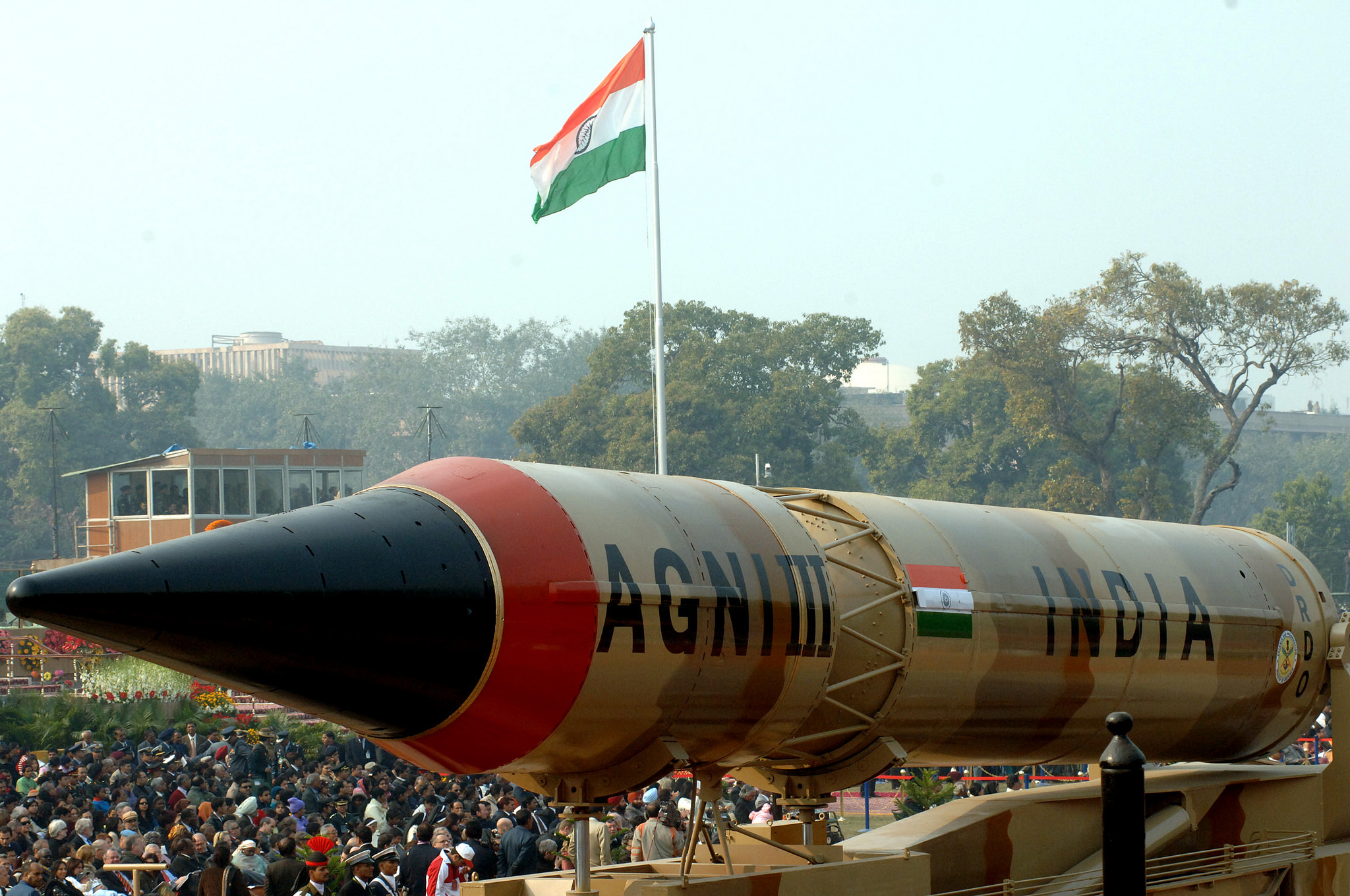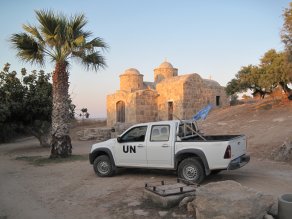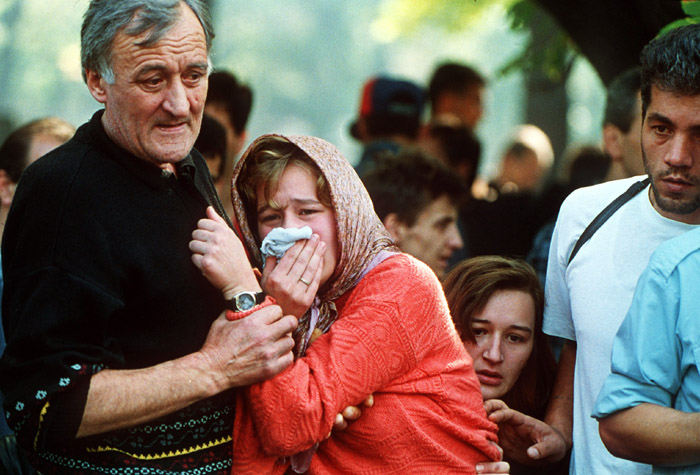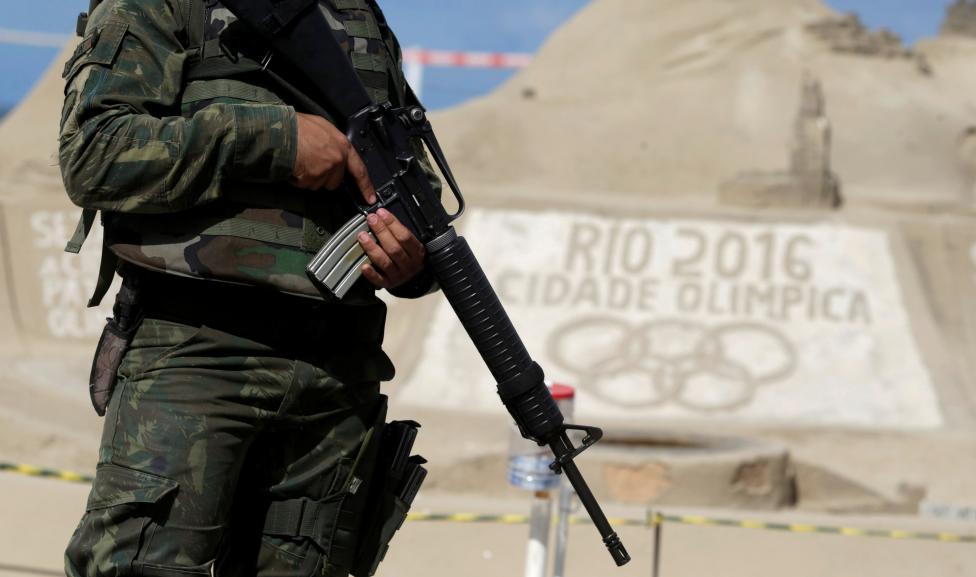India became the 35th member of the Missile Technology Control Regime (MTCR) on 27 June 2016. The MTCR is an informal and voluntary association of suppliers of ballistic and cruise missiles capable of delivering Weapons of Mass Destruction (WMD), and other unmanned aerial vehicles. It was established in 1987 with merely seven countries. Though the MTCR does not force any of its members to take ‘legally binding obligations’, in reality, members normally incorporate decisions taken in the informal body. During the Cold War, as more countries joined the MTCR, there were frequent struggles among its members over harmonization. In 1992, the US put India along with a Russian entity sanctions under MTCR for transacting business in cryogenic engines. Though these particular sanctions captured the global limelight, there were many other curbs on India by the MTCR.

The Agni – III Missile passes through the Rajpath during the 59th Republic Day Parade – 2008, in New Delhi on January 26, 2008.
In 1999, the members of the MTCR began a process to draft the International Code of Conduct against Ballistic Missile Proliferation, also known as The Hague Code of Conduct, to counter the threat emanating from ballistic missile proliferation. It was opened for the international community, and India participated in the negotiations process, but did not subscribe to the Code. In recent years, India has set its sight on membership in all the multilateral export control regimes, including the MTCR and Nuclear Suppliers Group (NSG). In 2005, a joint India-US statement effected harmonization between the Indian regulatory system and the MTCR. Efforts were gradually increased, and on 2 June 2016, in the run-up to the MTCR meeting on India’s membership later that month, the Indian government finally issued a press release through which it informed that India had subscribed to The Hague Code of Conduct.
Read More



